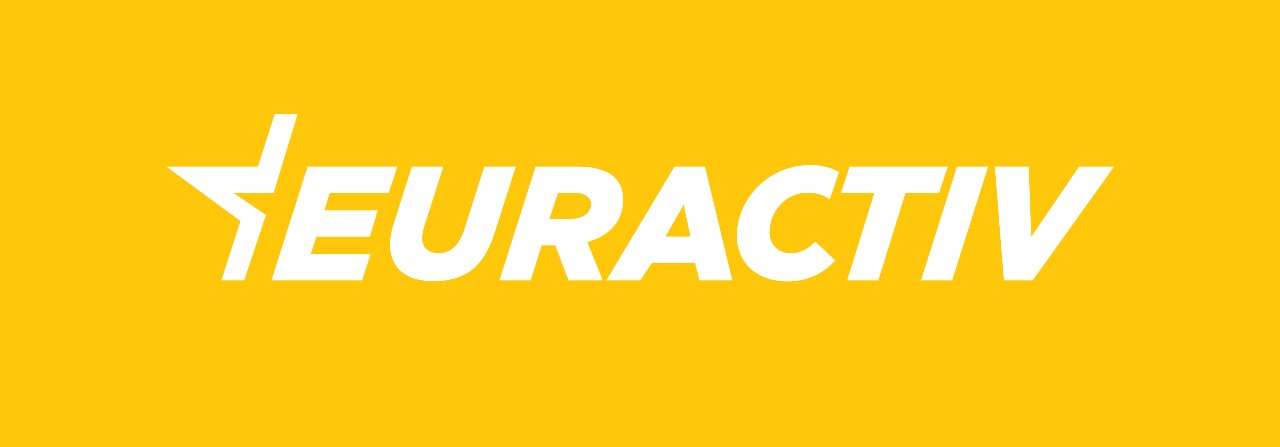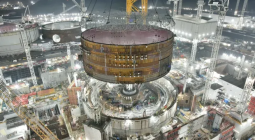Bulgaria’s state-run nuclear plant slams civil activist with SLAPP
Bulgaria’s state-owned Kozloduy NPP has filed a lawsuit requesting €250,000 in compensation, claiming civil activists Natalia Stancheva and Yordanka Kulinska distributed false information about the plant.
Kozloduy NPP accuses the two women of “dishonesty and abuse of rights” and of “distribution of false information”.
“This case is another precedent for a SLAPP in Bulgaria after the record claim of Lev Ins against Mediapool [€1 million],” the director of the Access to Information Programme, lawyer Alexander Kashumov, commented to Euractiv Bulgaria.
“The citizen exercised her fundamental right to receive and distribute information. These are actions in the public interest,” he said.
At the end of November, EU lawmakers agreed on a directive dubbed “Daphne’s Law” to address the growing number of strategic lawsuits against public participation (SLAPPs) to protect defendants from unfounded, abusive litigation on matters of public interest.
Though states have been given two years to transpose the directive after it formally came into force in December, Bulgaria, like other member states, is known not to currently have a practical framework for protecting journalists, activists and whistleblowers.
In 2023, Stancheva received the prestigious “Golden Key” award of the Access to Information Programme for active use of the Access to Public Information Act, winning the award because, with “persistence, she managed to get the institutions to admit that unauthorised medical-diagnostic activities are carried out in an unregistered medical facility in violation of the Law on Medical Facilities functioning at the Kozloduy NPP.”
Stancheva, who worked at NPP as a nurse but was fired in March 2022, submitted more than 70 applications for public information access, more than half of them to Kozloduy NPP and after receiving the information, sent dozens of alerts to nearly 40 state control and other authorities.
Now, NPP is using Stancheva’s proactivity to sue her and her mother, Yordanka Kulinska, who also filed some information requests.
In its claim to the court, seen by Euractiv, the company explains that it is a strategic site, the only nuclear power plant in Bulgaria and a producer of electricity that provides more than one-third of the country’s needs. It also says that NPP is “synonymous with time-proven safety, reliability and security.”
In its claim, NPP also states that the many requests for access to information by Stancheva and her mother had NPP digging into its resources, claiming that the goal of the two women was to discredit the company with about 3,500 people working there and a solid reputation in society.
NPP also notes that as a result of the flood of requests, those working in management suffered anxiety and had their everyday work disrupted, with NPP requesting that the court order a psychological examination of employees.
However, Kashumov pointed to the claim being against an individual and that the information came from an official document obtained lawfully to reveal irregularities. Still, he acknowledged that an abuse of rights is alleged in its disclosure.
“A state-owned company also appears on the scene. Which means that the state is going against the citizens,” the lawyer also pointed out.
“The NPP spends the resources of consumers to pursue some very dubious goals and restrict basic human rights,” he explained.
According to Kashumov, the fact that Stancheva was an employee of the NPP puts her in a position to report irregularities, giving her special protection under EU law. “A number of media published the information, state authorities took measures, i.e. Stancheva’s signals were not unfounded,” Kashumov added.
At the moment, the Supreme Court of Cassation and the Supreme Administrative Court are considering an interpretative case on whether legal entities have the right to claim moral damages, pain and suffering.
“This will allow two million legal entities to file lawsuits against journalists, citizens and media. This is very dangerous, some of them are mastodons, very rich, able to afford a lot of expenses to achieve censorship and restriction of freedom of speech,” Kashumov warned.
Cover photo: Kozloduy NPP accuses the two women of “dishonesty and abuse of rights” and of “distribution of false information”. [EPA/VASSIL DONEV]





